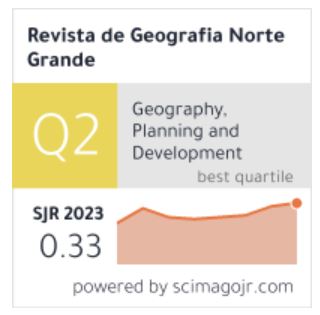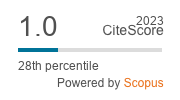Controversias, hibridez y diseño urbano. Abrir el candado de la representación y multiplicar los posibles del espacio público
DOI:
https://doi.org/10.4067/S0718-34022016000300002Keywords:
cosmopolitics, public space, hybrid forums, actor-network theory, non-representational theoryAbstract
The proliferation of relational approaches in human geography is reanimating urban studies which have shown signs of exhaustion. Diff erent theoretical tools incited from actor-network theory (ANT) and non-representational theory (NRT) are opening the conditions of possibility of the objects of study of our discipline, expanding their political ecologies and challenging the idea of public space conceived as a self-evident container. Moreover, this epistemological crisis coincides with a crisis of political representation that has eroded the notion of delegation, questioning the role of experts in the politics of urban design. In my paper, I study the urban controversy of the plaza de Lesseps in Barcelona, a contentious case study of urban planning which last refurbishment caused an unprecedented process of citizen participation that revealed a profound crisis of representation. In the light of the claims showed for this controversy, I want to rethink the public space, breaking the fence which the notion of representation restricted not only its study but also its design.






